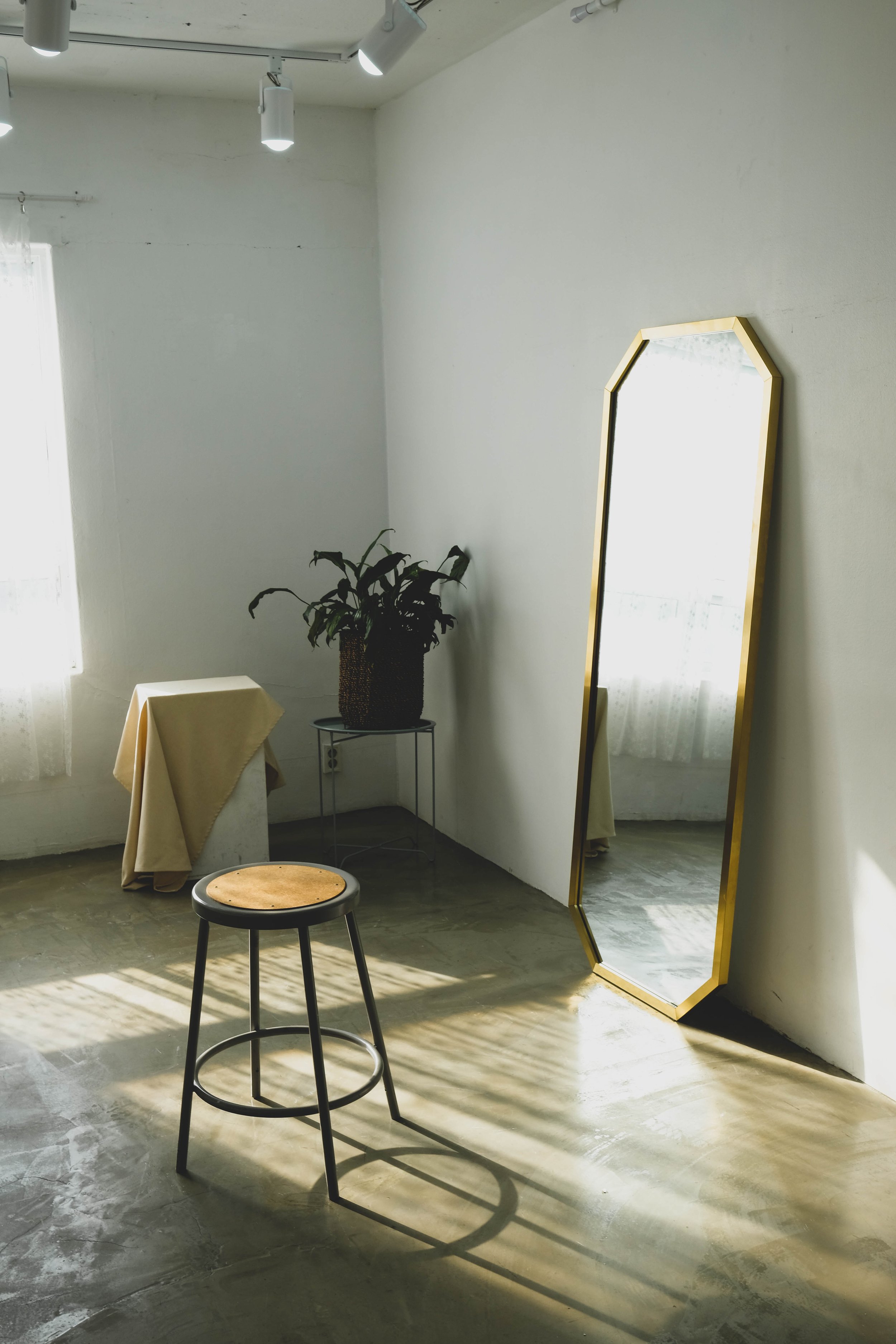Carrying the weight of grief
Grief brings its own kind of exhaustion. Clients often tell me that they think they’re getting enough sleep—they’re going to bed at a reasonable hour and sleeping through until the morning, minus the usual up-to-pee-at-3-in-the-morning—and yet they still feel tired all the time. Why is that, they want to know? Often it’s the weight of their grief, holding them down even as they try to move through the day.
I’m no somatic therapy expert but it’s widely accepted that our feelings show up in our bodies. It’s no coincidence that we describe being “gutted” or “broken-hearted” when something upsetting happens; we often feel emotional pain in a physical way. We cannot disconnect our minds and our bodies, no matter how we sometimes try.
Just like any other heartbreak, grief can show up physically: as exhaustion for instance, or a general achiness throughout the body. Sometimes you may cry so hard you become short of breath for a minute. We cannot ignore the physical pain and weight that grief exerts on us. So if you feel tired, headachy, occasionally short of breath, certainly check in with your primary doctor first. But after you get the all-clear, spend some time considering: is carrying the weight of your grief hurting you?
This is not to say you’re doing grief wrong. All the ways you grief manifests are normal, if awful. Rather, I hope you take away that if you are suffering, you are not alone. No one can take your pain away from you but others are willing to help you carry it. There is no burden you have to shoulder alone, even (especially) your grief. This is your invitation to reach out—to a friend, a lover, a stranger, a therapist—and let someone else share the weight with you.













